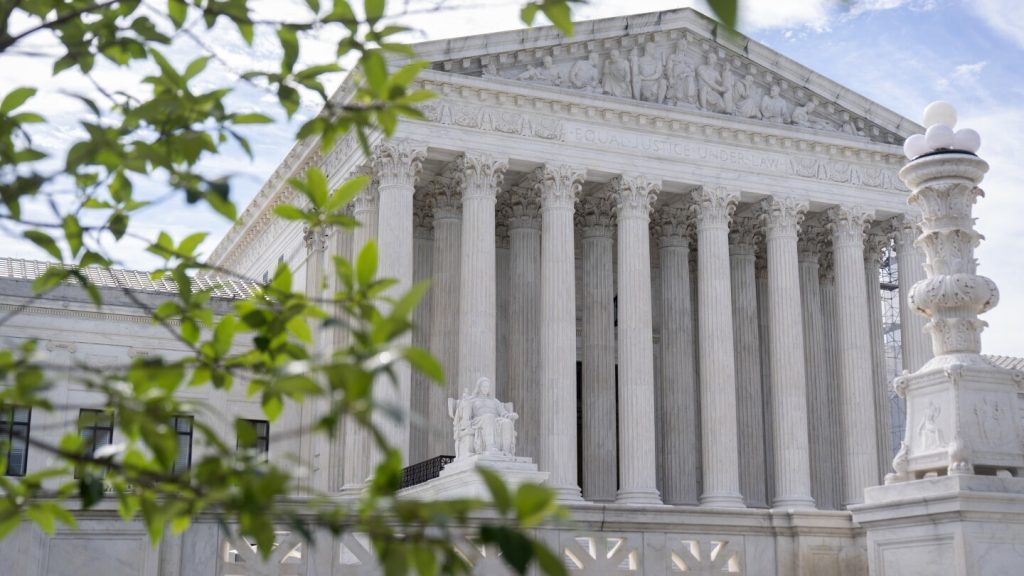The U.S. Supreme Court has agreed to hear the case of Ruben Gutierrez, a Texas man who has been on death row for the killing of an 85-year-old woman in 1998. Gutierrez has long maintained his innocence and has requested DNA testing on evidence such as the victim’s nail scrapings, a loose hair wrapped around her finger, and various blood samples from the crime scene. His attorneys argue that there is no physical or forensic evidence linking him to the murder, and that DNA testing could help prove his innocence. The high court’s decision to hear the case and extend the stay of execution has brought hope to Gutierrez’s legal team, who believe that DNA testing will overturn his conviction and death sentence.
Prosecutors, however, argue that Gutierrez’s request for DNA testing is merely a delay tactic, and that his conviction is based on other evidence, including a confession in which he admitted to planning the robbery and being inside the victim’s home at the time of her death. Gutierrez was convicted under Texas’ law of parties, which holds individuals responsible for the actions of others if they assist or encourage the commission of a crime. Despite multiple previous execution dates being set for Gutierrez in recent years, they have all been delayed.
The case of Ruben Gutierrez has garnered attention due to the potential impact of DNA testing on his conviction. DNA evidence has been instrumental in overturning wrongful convictions in the past, and Gutierrez’s legal team believes that testing the evidence in this case could exonerate him. The decision by the U.S. Supreme Court to hear the case gives them hope that they will finally have the opportunity to conduct the DNA testing that they believe will prove Gutierrez’s innocence.
The killing of Escolastica Harrison, the 85-year-old victim, occurred during a home robbery in Brownsville, Texas, in 1998. Harrison, a retired teacher and mobile home park manager, was targeted for the more than $600,000 that she had hidden in her home due to a distrust of banks. Gutierrez and two others were charged in connection to the crime, but Gutierrez has maintained his innocence from the beginning. His legal team has been fighting for years to have the DNA evidence tested, in the hopes of overturning his conviction and avoiding the death penalty.
The legal battle in Ruben Gutierrez’s case highlights the importance of DNA evidence in criminal justice proceedings. DNA testing has the potential to conclusively prove innocence or guilt in cases where other evidence may be lacking or inconclusive. The U.S. Supreme Court’s decision to hear Gutierrez’s case signals a potential turning point in his fight for justice. As the legal proceedings continue, both sides will present their arguments before the highest court in the land, with the outcome potentially having far-reaching implications for cases involving DNA evidence and wrongful convictions.


